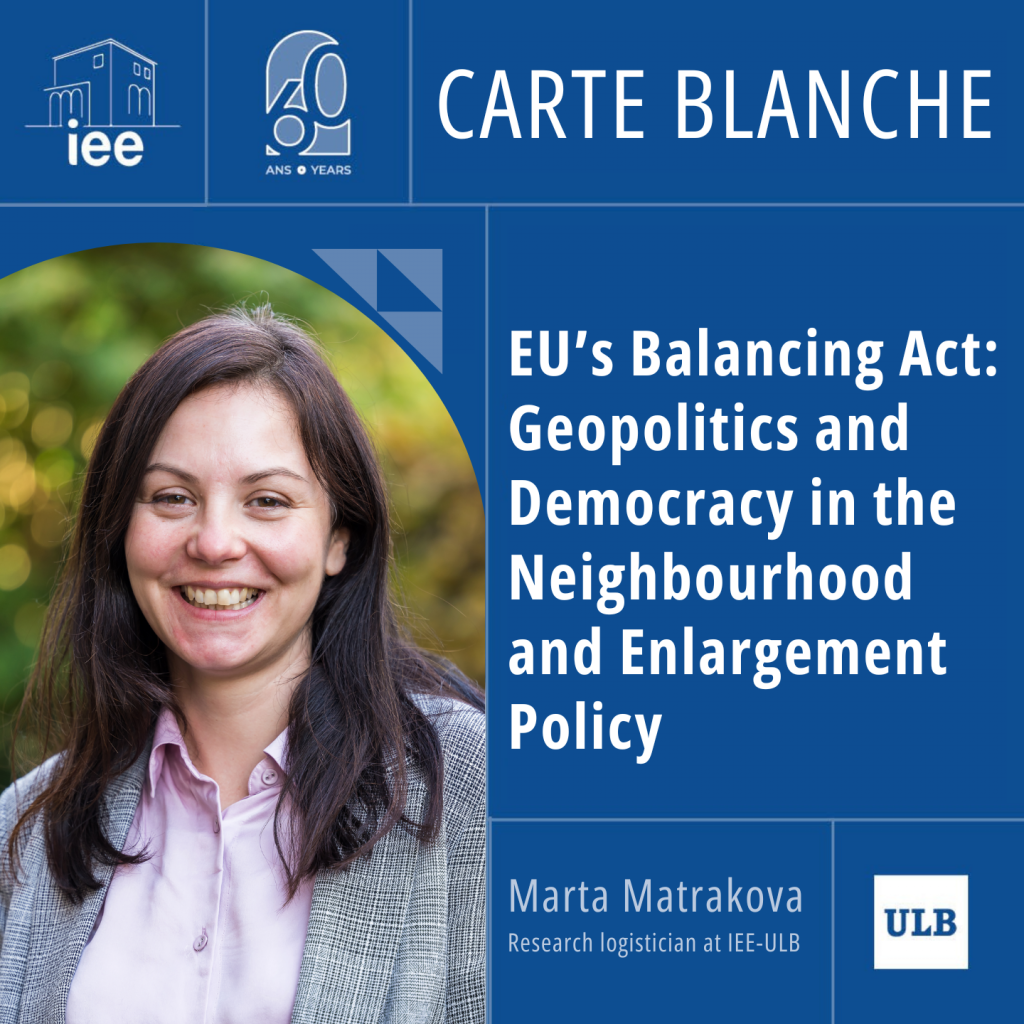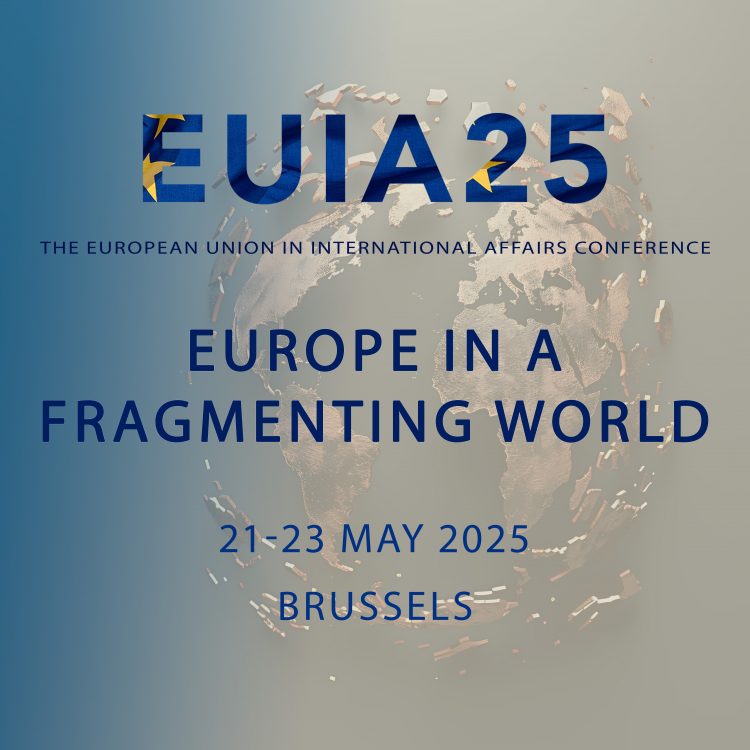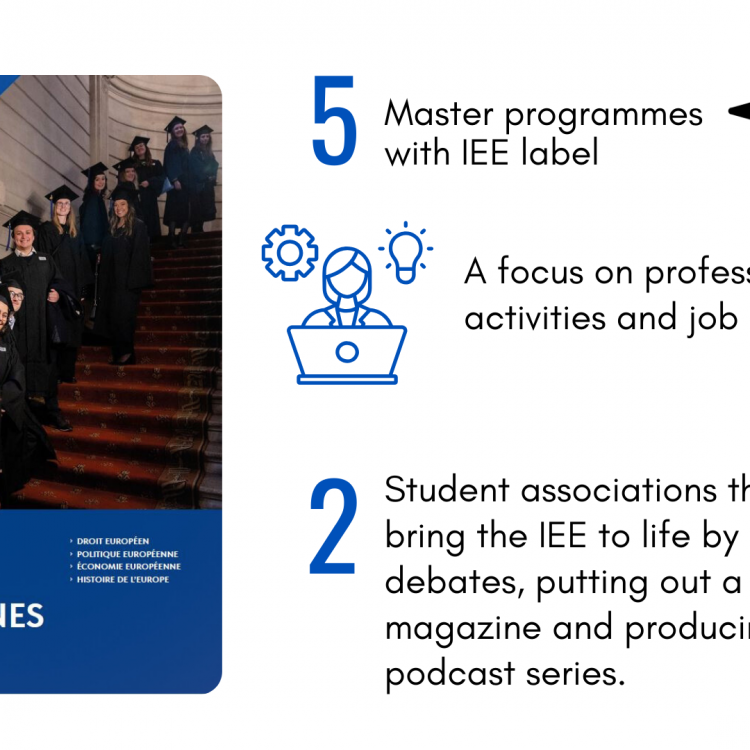EU’s Balancing Act: Geopolitics and Democracy in the Neighbourhood and Enlargement Policy
We continue the last thematic chapter “Europe and the world” with the article by Marta Matrakova, Research logistician at IEE-ULB.
In her article Marta Matrakova analyses how EU’s approach in the Neighbourhood and Enlargement policies balances democracy promotion with geopolitical considerations. Moldova’s political developments and Georgia’s reforms, amidst high geopolitical competition, illustrate the EU’s evolving strategy, tying candidate status to democratic reforms. The upcoming 2024 elections in Georgia will test both Georgia’s commitment to democratic values and the EU’s balancing act between geopolitical objectives and democracy promotion amidst growing regional tensions.
Rules of the game
The aim is to reflect on the past to obtain a better understanding of the present, while also projecting a vision for the future. The comparison across time and societies help us to guard against relativism. Our affiliated members (members of the academic, scientific and administrative bodies as well as scientific collaborators) are invited to mobilize their expertise and share research findings to provide insights for a wider audience.
The means are a set of short format articles (comparable to op-eds in a newspaper). Articles are written in a language accessible to the broader public, in either French or English, and present one of the debates that have shaped the history of European integration. For example, and without being exhaustive, contributions could cover the purpose of Europe, the borders of Europe, Europe as an actor of/in Culture, the desirability of social Europe, Europe and market forces, Europe and its relationship with third countries/regions, Europe and geopolitical power, the nature of European law, and the best ways of telling the story of Europe.
The structure suggested for contributions is the following: the stakes and issues defining the debate; the chronology and dynamics of its evolution; elements of continuity or mutation; challenges of present-day discussions and possible outlines of future debates. This framework is indicative and does not exclude alternative or more creative forms, such as rewriting of history or fiction.
The operation ’60 years in 6,000 characters’ is coordinated by the IEE management team (François Foret, President; Chloé Brière, Director; Emmi Kallio, Head of Administration and Communications) and an editorial committee (Paul Dermine, Professor of EU Law; Marta Matrakova, Research Logistician; Frederik Ponjaert, Scientific Coordinator).
The authors express freely their opinions that do not represent an official position of the IEE-ULB.




